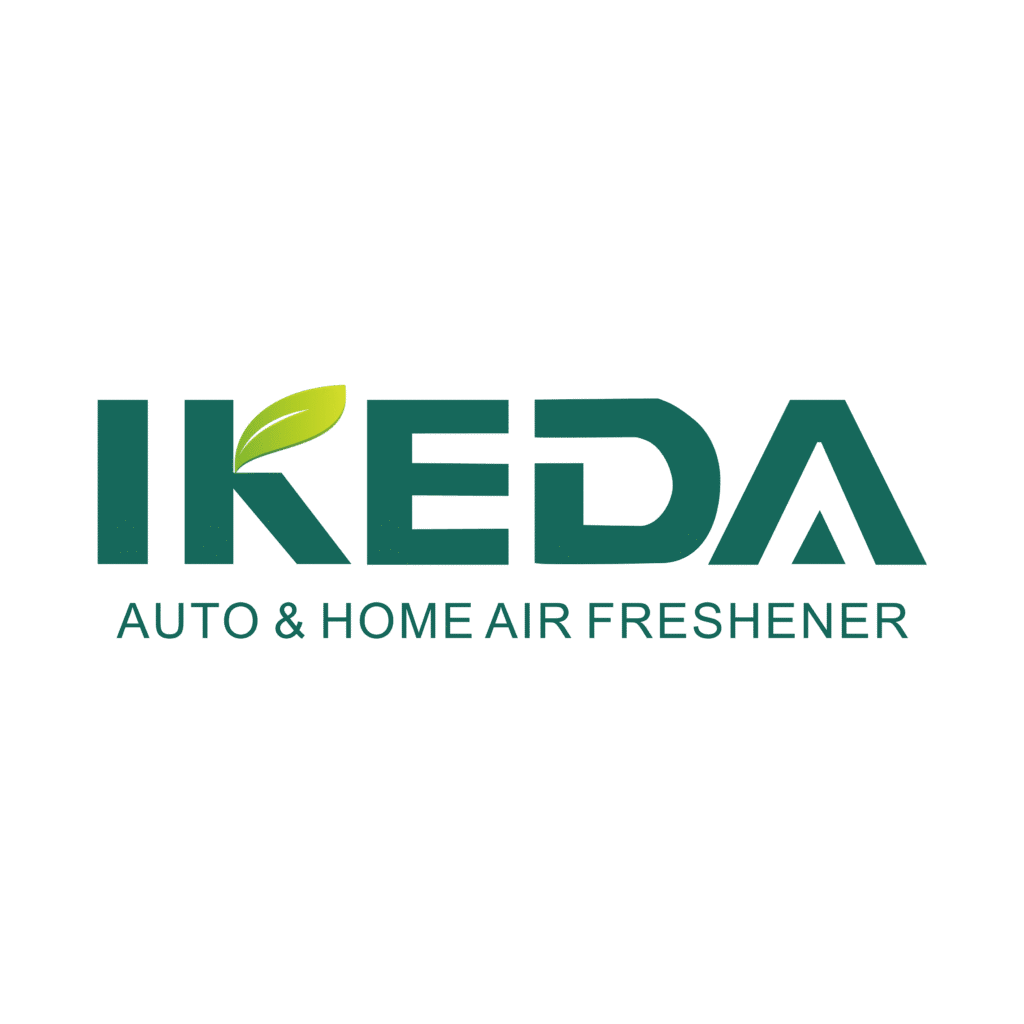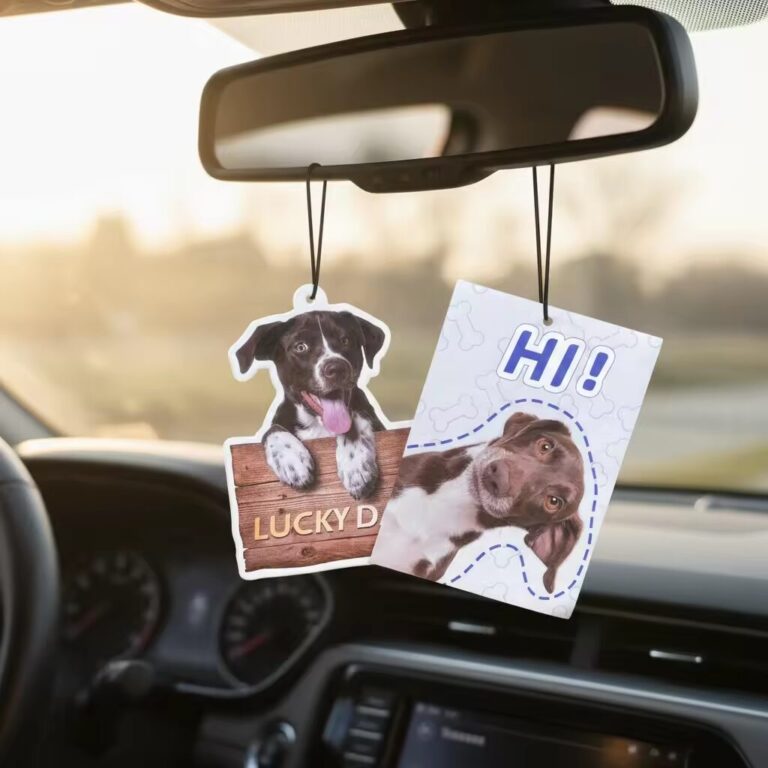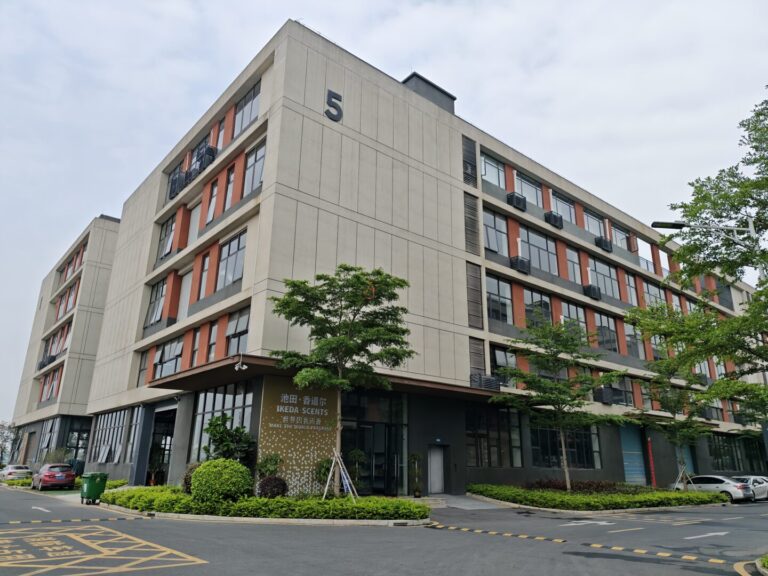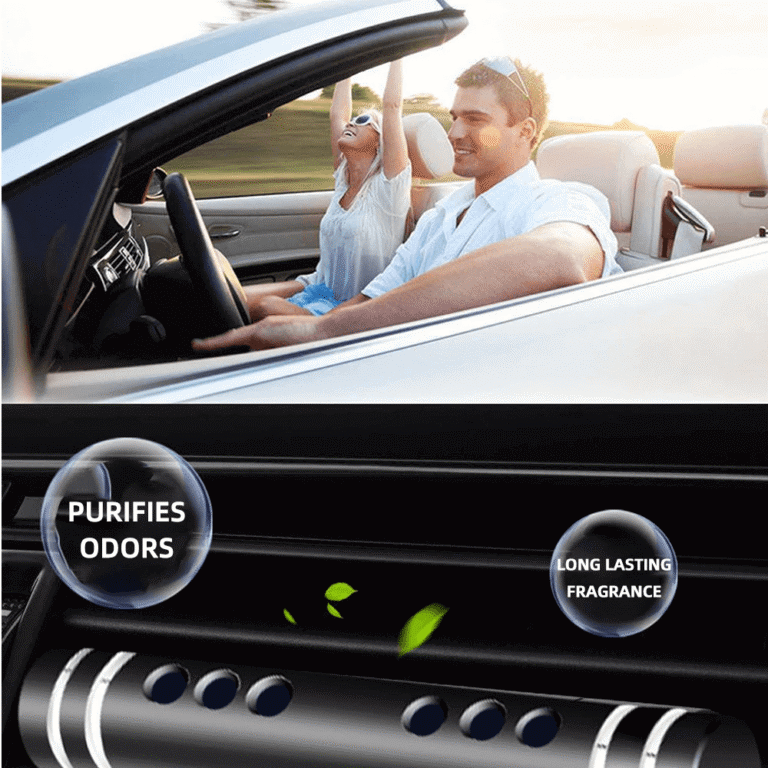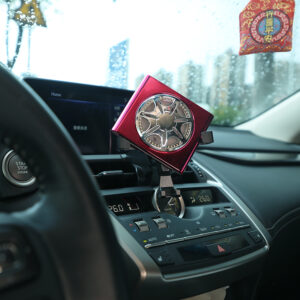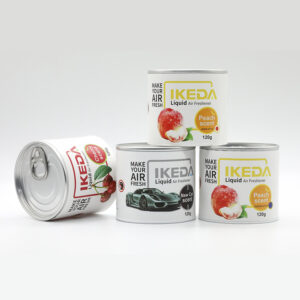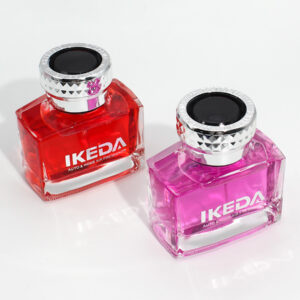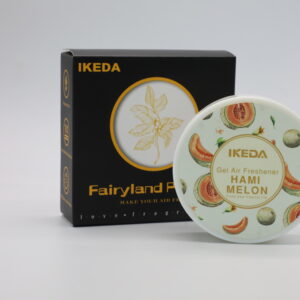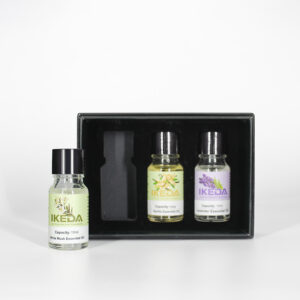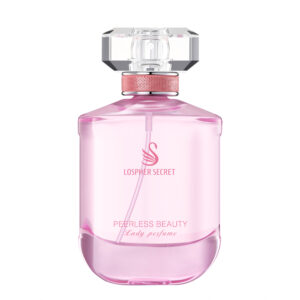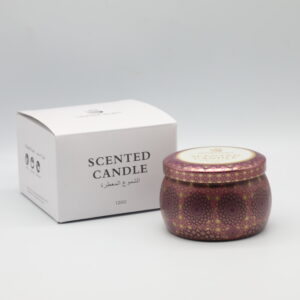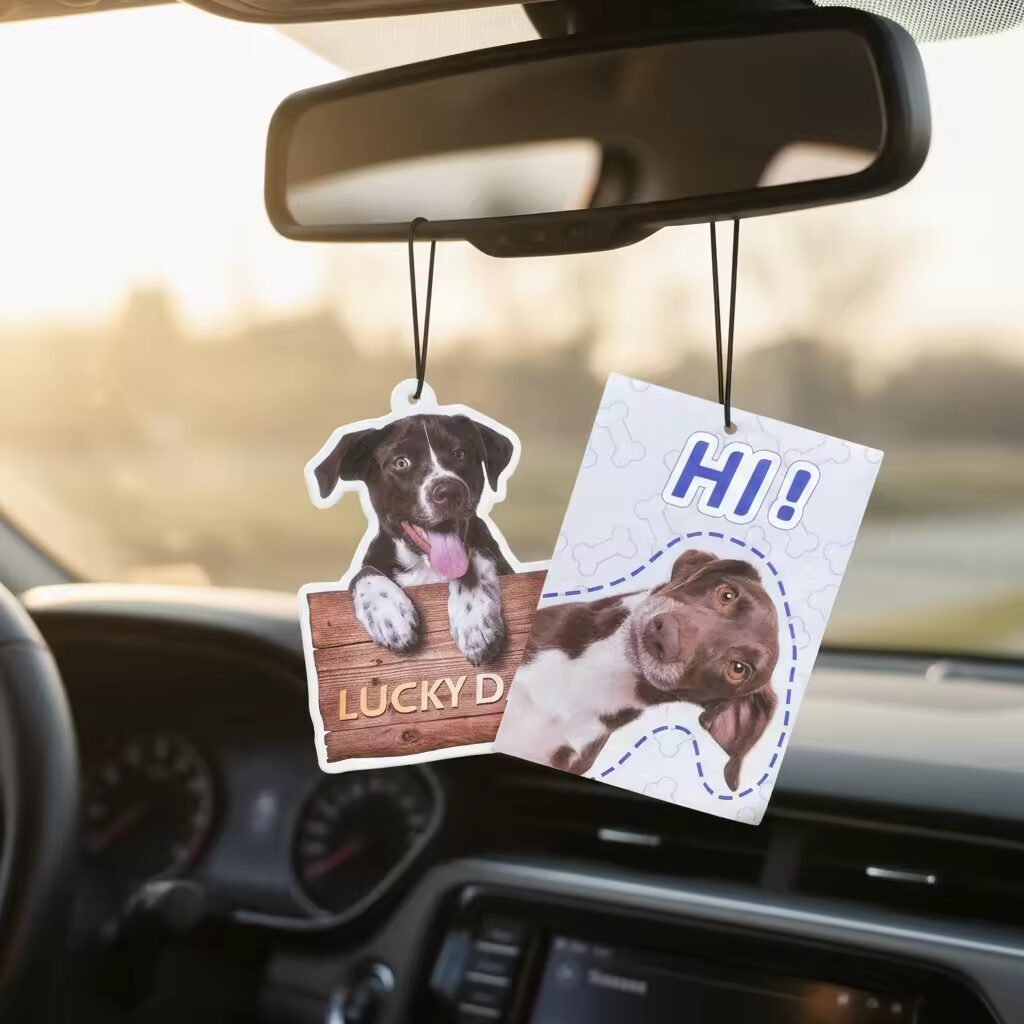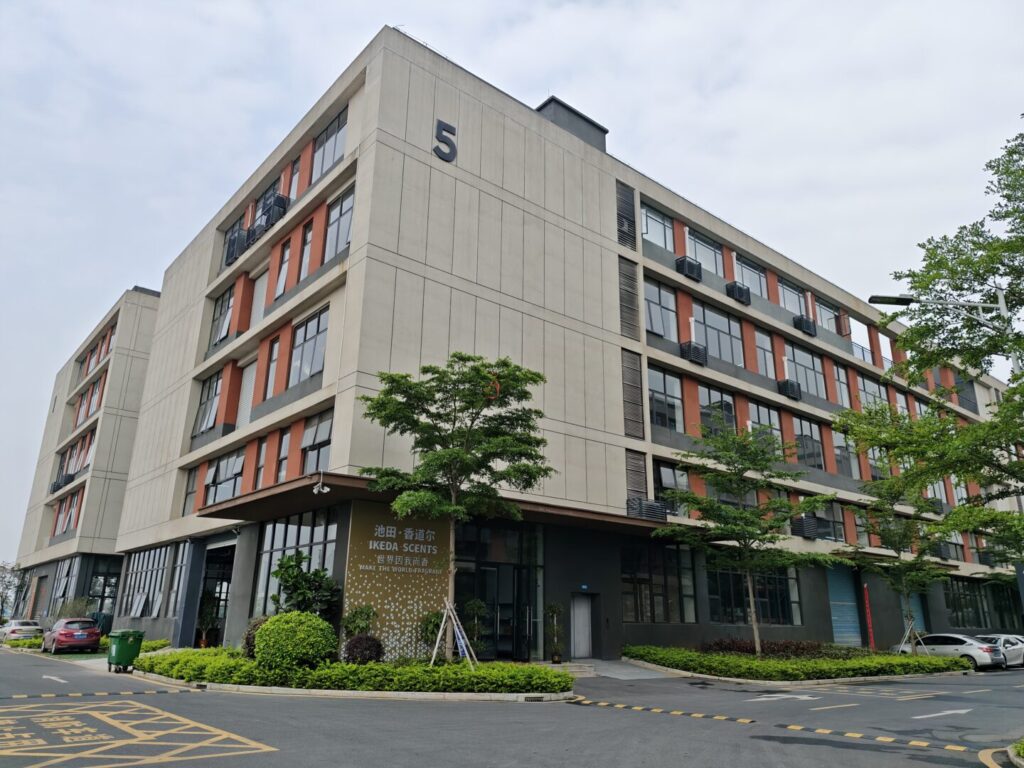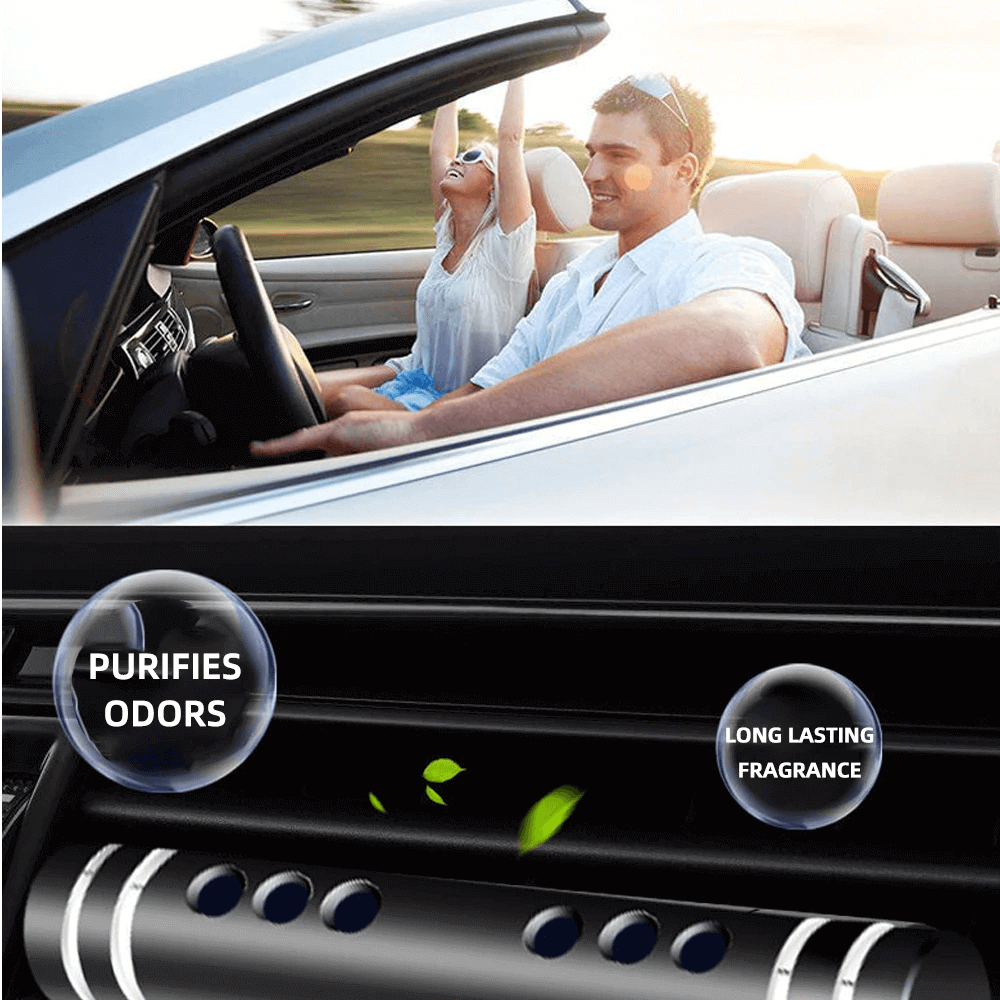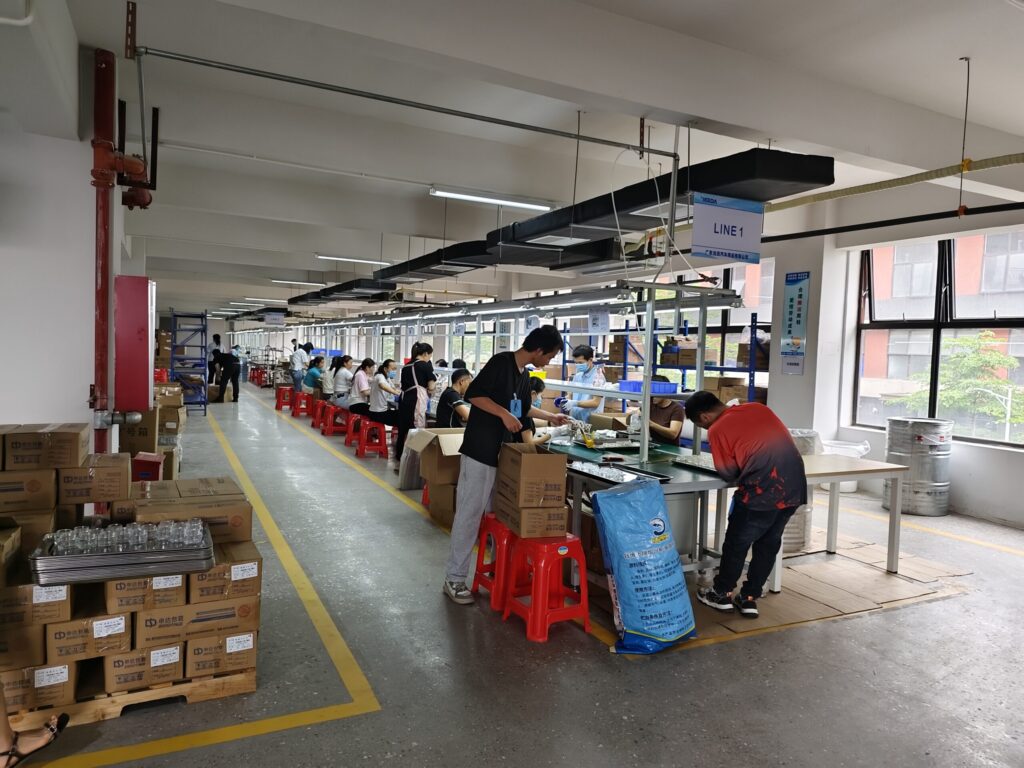For B2B buyers—whether you’re a car brand, hotel chain, corporate gifting supplier, or distributor—private-label car air fresheners offer a high-margin, brand-enhancing opportunity. But how does the OEM/ODM car air freshener process actually work? This guide breaks down the end-to-end customization journey, ensuring you get a premium product tailored to your needs—without costly missteps.
Why Custom OEM Car Air Fresheners?
Bulk buyers choose customization for:
✅ Branding Control – Print logos, colors, and unique scents to reinforce brand identity (e.g., luxury hotels embedding their signature fragrance).
✅ Cost Efficiency – Large orders (1,000+ units) reduce per-unit costs by 30-50% vs. off-the-shelf options.
✅ Exclusivity – Differentiate with patented designs (e.g., car dealerships using vehicle-shaped fresheners).
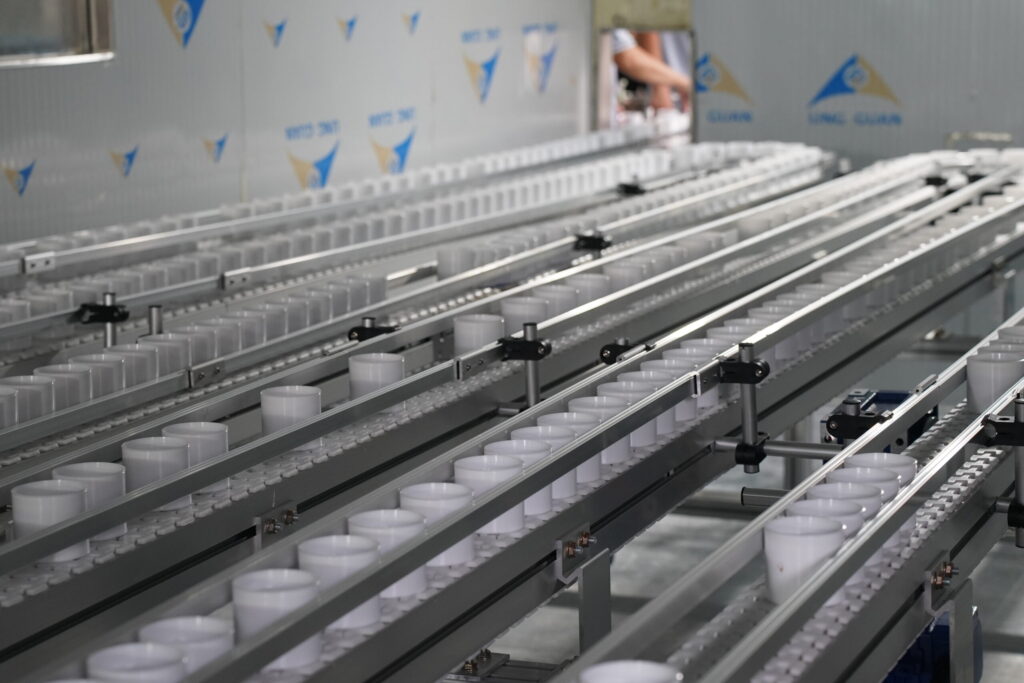
Step 1: Design & Prototyping
Key Question: “What specs do I need to provide?”
- Material Options:
- ABS plastic (durable for premium markets)
- Eco-friendly bamboo (for sustainability-focused brands)
- Fabric pouches (low-cost option for corporate gifts)
- Scent Customization:
- Work with perfumers to develop proprietary fragrances (e.g., “Leather & Sandalwood” for auto brands).
- Turnaround:
- 5-7 days for initial prototypes (most factories offer 3 free samples).
Pro Tip:
“Provide vector logo files (AI/EPS) to avoid blurry prints. For 4S stores, consider adding QR codes linking to promo pages.”
— Li Wei, OEM Manager at IKEDA
Step 2: MOQ & Pricing Negotiation
Typical minimum order quantities:
- Standard designs: 500–1,000 units
- Fully custom: 3,000+ units (lower cost per unit)
Cost Drivers:
- Mold creation: $500–$2,000 (one-time fee; amortized over volume).
- Packaging: Custom boxes add $0.20–$0.80/unit.
Case Example:
A European rental car company saved 22% by combining 3 scent variants into one bulk order (MOQ: 5,000 units).

Step 3: Production & Quality Control
- Pre-production checks:
- Scent intensity testing (avoid overpowering fragrances).
- Drop tests for vent clips (ensure durability).
- Ethical Compliance:
- Request REACH/ROHS certificates if exporting to the EU.
Red Flag Alert:
⚠️ “Some suppliers use cheap glue that melts in high heat—always request a 45°C heat resistance test.”
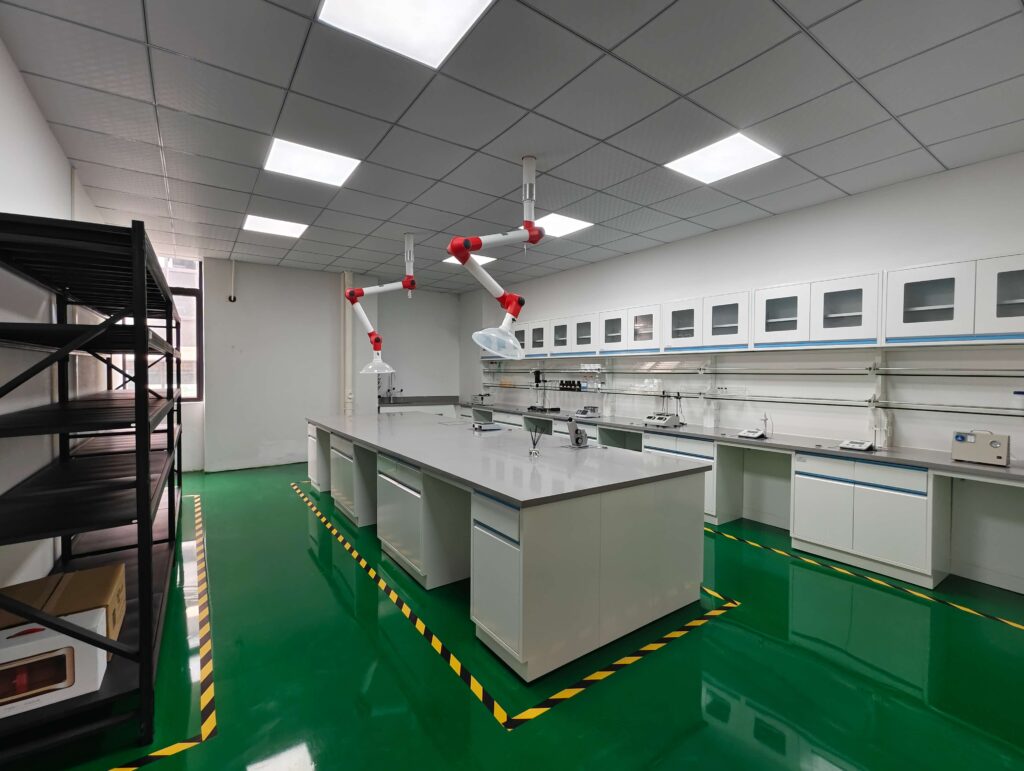
Step 4: Logistics & Private Labeling
- White-label services:
- We handle packaging, barcodes, and multilingual manuals.
- Shipping:
- Sea freight for 10,000+ units ($1.2/kg from China to EU).
B2B Bonus:
Ask about consignment stock agreements to reduce upfront inventory costs.

Your Next Move
- Request free samples → Test scents/durability.
- Share your design → Get a DFM (Design for Manufacturing) report.
- Lock in 2025 production slots → Avoid Q4 holiday delays.
Limited offer: First-time OEM partners get 5% off mold fees (quote “B2BGUIDE”). [Contact Our Team] now.
